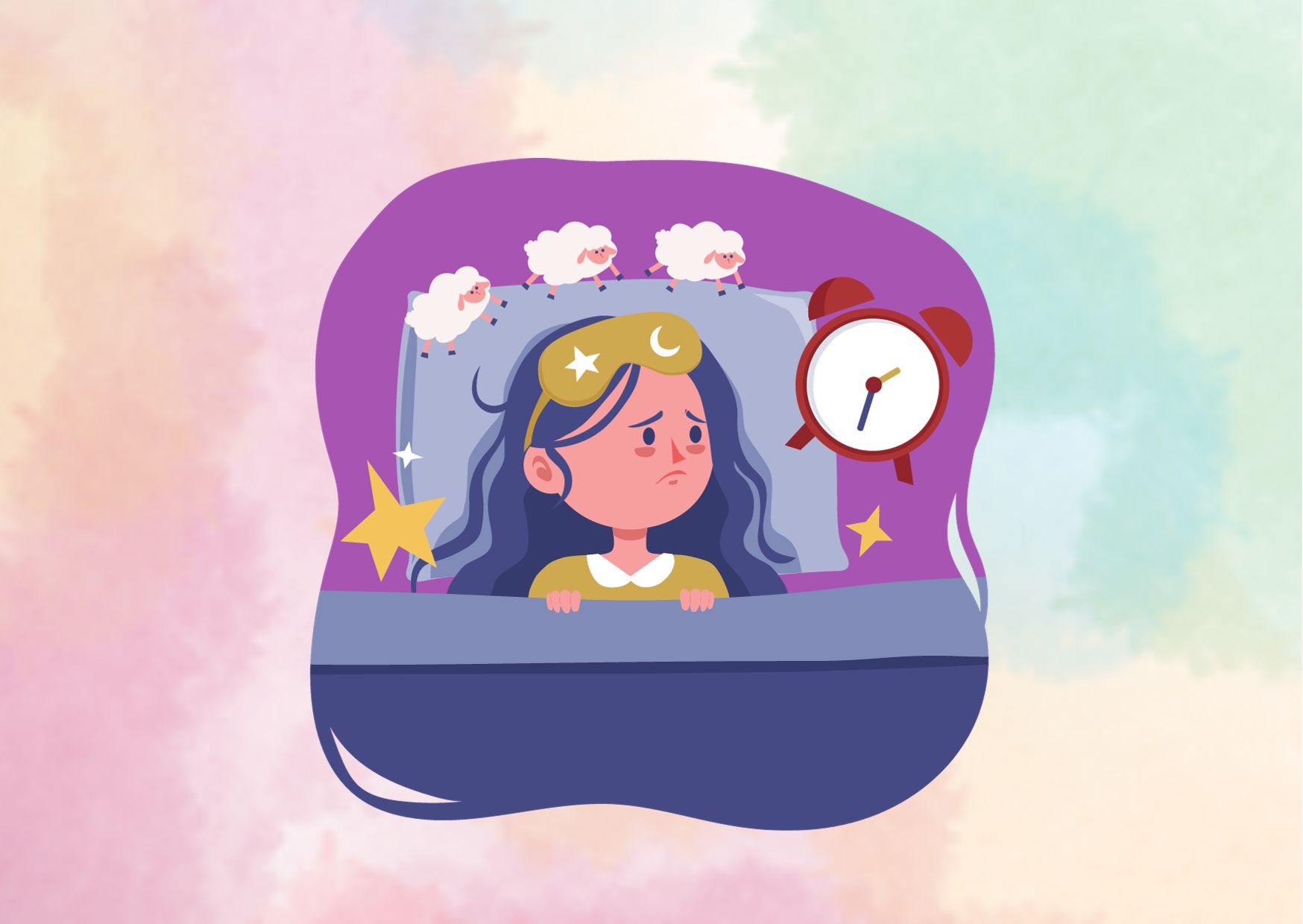Insomnia and Mental Health
Introduction
In today’s fast-paced world, many individuals struggle with sleep difficulties, specifically insomnia. Insomnia is a common sleep disorder that affects approximately one-third of adults, with up to 10 percent experiencing severe insomnia symptoms. It is characterized by trouble falling asleep or staying asleep, leading to a lack of quality sleep that can cause distress and difficulty in daily activities. Not only does insomnia compromise energy levels, but it can also have significant consequences on both physical and mental health. In this article, we will explore the impact of insomnia on sleep quality and mental health and discuss strategies to improve sleep and seek treatment for insomnia.
The Importance of Quality Sleep
Quality sleep is essential for overall well-being. While individual sleep needs may vary, most adults require about 7 to 9 hours of sleep per night to feel rested. Sleep is not only a time for the body to rest and repair itself, but it also plays a crucial role in cognitive function, memory consolidation, emotional regulation, and overall mental health. Lack of quality sleep can have serious implications on various aspects of life, including physical health, mental health, and daily functioning.
The Link Between Insomnia and Mental Health
Insomnia and mental health are closely intertwined. Sleep difficulties can both contribute to and exacerbate mental health conditions, while mental health conditions can also disrupt sleep patterns. Conditions such as anxiety, depression, bipolar disorder, and post-traumatic stress disorder (PTSD) often coexist with insomnia. The relationship between insomnia and mental health is bidirectional, with each condition influencing and amplifying the other. It is crucial to address both insomnia and underlying mental health conditions to promote overall well-being. Prioritizing quality sleep by establishing healthy sleep habits and creating a conducive sleep environment is essential for maintaining physical and mental health, promoting overall well-being, and enhancing the quality of life.
Causes and Risk Factors of Insomnia
Insomnia can arise from various causes and risk factors. Some common causes include stress, changes in sleep habits or environment, consuming stimulating substances like caffeine or alcohol, noise disturbances, physical pain or discomfort, and underlying medical conditions. Lifestyle choices, such as excessive screen time before bed or irregular sleep schedules, can also contribute to insomnia. Additionally, certain medications and sleep disorders like sleep apnea and restless legs syndrome can disrupt sleep patterns and contribute to insomnia.
Individuals with certain risk factors may be more susceptible to insomnia. These risk factors include aging, being a woman, having a lower socioeconomic status, and having a family history of insomnia. People who work night shifts or have irregular work schedules may also be at a higher risk. It is important to identify and address these risk factors to effectively manage insomnia.
Suggestion for read: 4 Tips for the Best Sleep of Your Life
Recognizing the Symptoms of Insomnia
